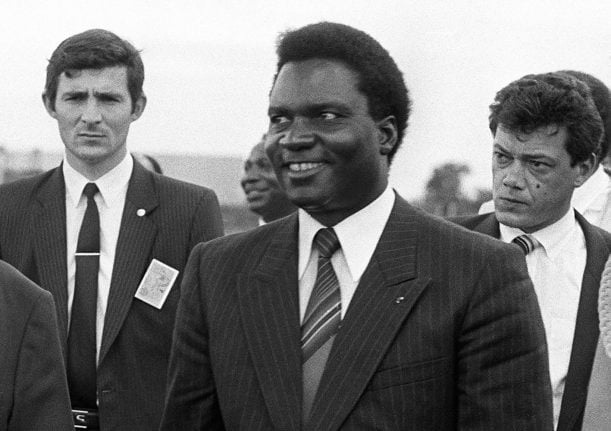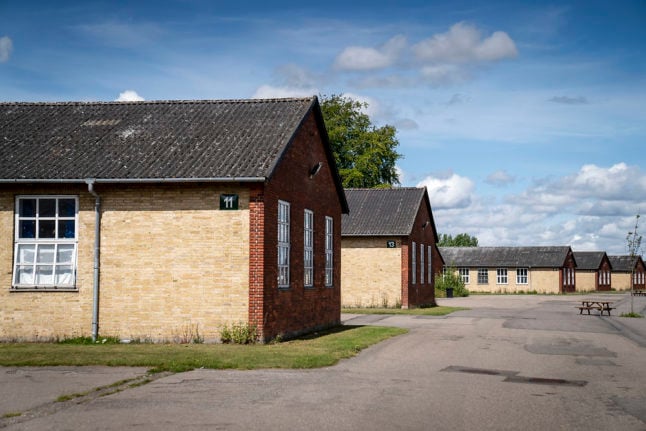The probe has been a major source of tension between the two countries after seven people close to current Rwandan President Paul Kagame were charged in the French investigation.
Philippe Meilhac, lawyer for Habyarimana's widow Agathe, told AFP that plaintiffs in the case would appeal the decision to scrap the investigation.
French prosecutors had requested the probe be dismissed in October due to insufficient evidence against the seven suspects.
At the time, lawyers for Habyarimana's widow called the prosecutors' move “unacceptable” and “largely politically motivated”.
Habyarimana, an ethnic Hutu, was killed in a missile strike on his plane near Kigali's airport in April 1994.
His assassination triggered 100 days of bloodshed that left an estimated 800,000 people dead, mostly members of the Tutsi minority.
Kigali has long accused France of complicity in the genocide by supporting the Hutu regime, training the soldiers and militiamen who carried out the killings.
The French probe into Habyarimana's execution was opened in 1998 on the request of relatives of French crew members killed in the attack on the plane.
The first judge to lead the probe, Jean-Louis Bruguiere, backed the theory that it was Tutsi militants from the former rebellion led by Kagame, the Rwandan Patriotic Front (FPR), who shot down the plane.
The French probe was closed but eventually reopened in 2016 before hitting a series of legal obstacles over the past two years.
A Rwandan commission had in 2009 found Hutu extremists responsible for the assassination of Habyarimana.



 Please whitelist us to continue reading.
Please whitelist us to continue reading.
Member comments